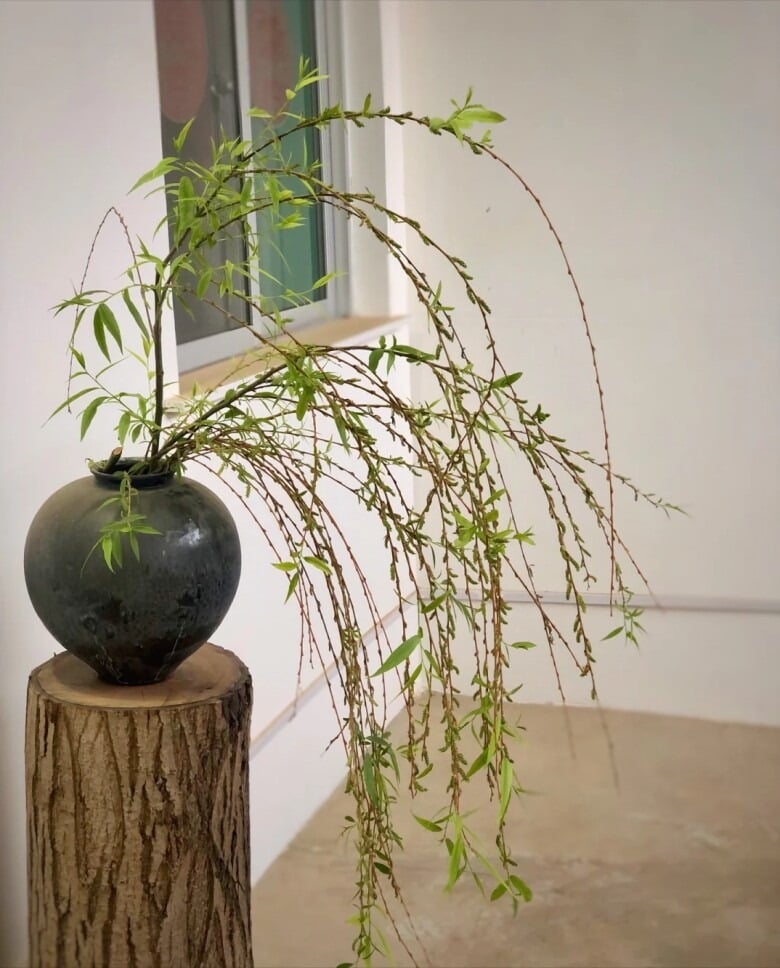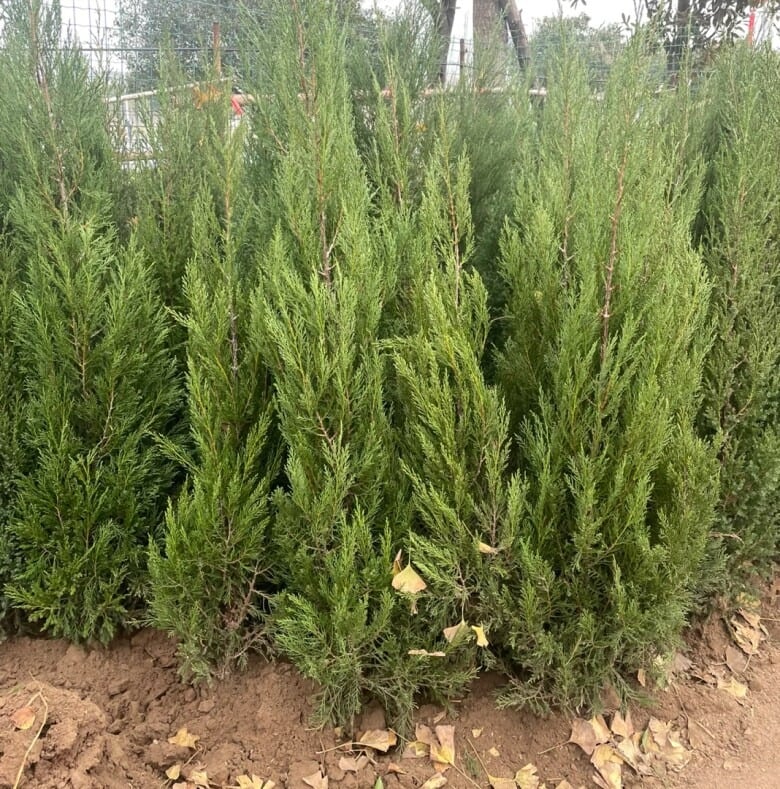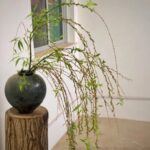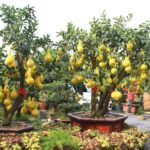Creating a beautiful and vibrant garden can be a rewarding endeavor, but it’s important to be mindful of certain trees and plants that are considered inauspicious in some cultures. In this article, we’ll explore four types of trees that are believed to bring bad luck if planted in your garden or yard.
1. Willow Tree
Willow trees are often associated with sadness and farewells, featuring prominently in ancient literature. Their delicate, swaying branches can evoke a sense of gloom and loneliness. Additionally, the absence of seeds in willow trees may symbolize a lack of offspring. In Chinese, the word for “willow” sounds similar to “departure,” further reinforcing the notion of separation and loss. From a practical standpoint, willow trees have invasive root systems that can damage underground pipes and even affect the foundation of your home, posing safety risks.

Willow trees, with their delicate branches, are often associated with sadness.
From a Feng Shui perspective, the invasive root system of the willow tree is believed to “draw out” wealth and blessings, making it unfavorable for planting near homes, especially in the yard.
2. Pagoda Tree
Pagoda trees, also known as sophora japonica, held symbolic power and wealth in ancient times. They were often planted in groups of three outside imperial courts to represent the three highest-ranking officials: the Grand Marshal, the Grand Secretary, and the Grand Guardian.
However, in folk beliefs, pagoda trees are considered “yin” trees, partly due to their large canopy and dense shade, which blocks out sunlight. This excess of yin energy is thought to bring bad luck. Additionally, the Chinese character for “ma” in “pagoda tree” has led to superstitions about planting these trees to “summon spirits.” Planting pagoda trees in small yards may attract unwanted attention and bring about misfortune and fear.
3. Chinese Fir
The Chinese fir, with its tall and majestic stature, is often seen as a symbol of longevity, perseverance, and prosperity. However, due to its common presence in cemeteries, it is strongly associated with death and mourning. This association has led many people to avoid planting Chinese firs in their yards, despite their drought tolerance and pest resistance. The connection with cemeteries is a significant factor in the tree’s inauspicious reputation.

The Chinese fir, a symbol of longevity and perseverance, is often planted in cemeteries.
4. Mulberry Tree
Mulberry trees, though providing food for silkworms, are not favored in Feng Shui. This is mainly due to the similarity in pronunciation between “mulberry” and “funeral” in some languages, suggesting that the tree brings bad luck and misfortune. The dense branches and leaves of the mulberry tree also contribute to its association with yin energy. Many believe that planting a mulberry tree near the entrance or directly facing the house will invite trouble and bad luck.
Why Don’t People Plant Sunflowers in Front of Their Houses? Is There a Taboo?
Sunflowers are not just a pretty sight, but they have also become a popular choice for buyers these days. While sunflower seeds are still sought after, the vibrant and cheerful sunflower itself has now taken center stage. With their bright and happy disposition, it’s no wonder that people are opting to buy these beautiful blooms rather than grow them themselves.





































